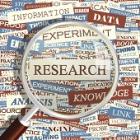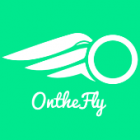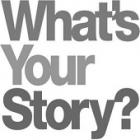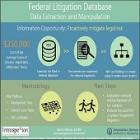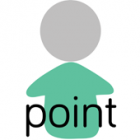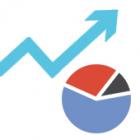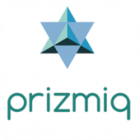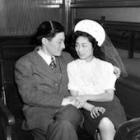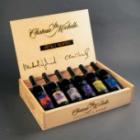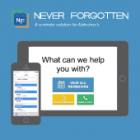
Never Forgotten
People with Alzheimer’s disease constantly struggle remembering daily tasks. Much of the current scheduling systems still remains paper‐based. In addition, communication between caregivers, family members, and the patient largely happen through phone calls and many events continue to overlooked due to miscommunication. To face these challenges, we proposed to build a kiosk application for the Alzheimer’s patient to use that will digitalize the paper‐based system in place and ease the process through automation. Additionally, the kiosk application will be paired with mobile application for the caregivers and family members to easily track and monitor daily events. Our features aims to make a difference by lessen the cognitive load of the user by creating a one‐place‐to go therefore, replacing the confusing paper‐based system. Respectively, this will help the patient be more independent thus, helping the caregivers through shared reminders and calendars to see all that is going on.


